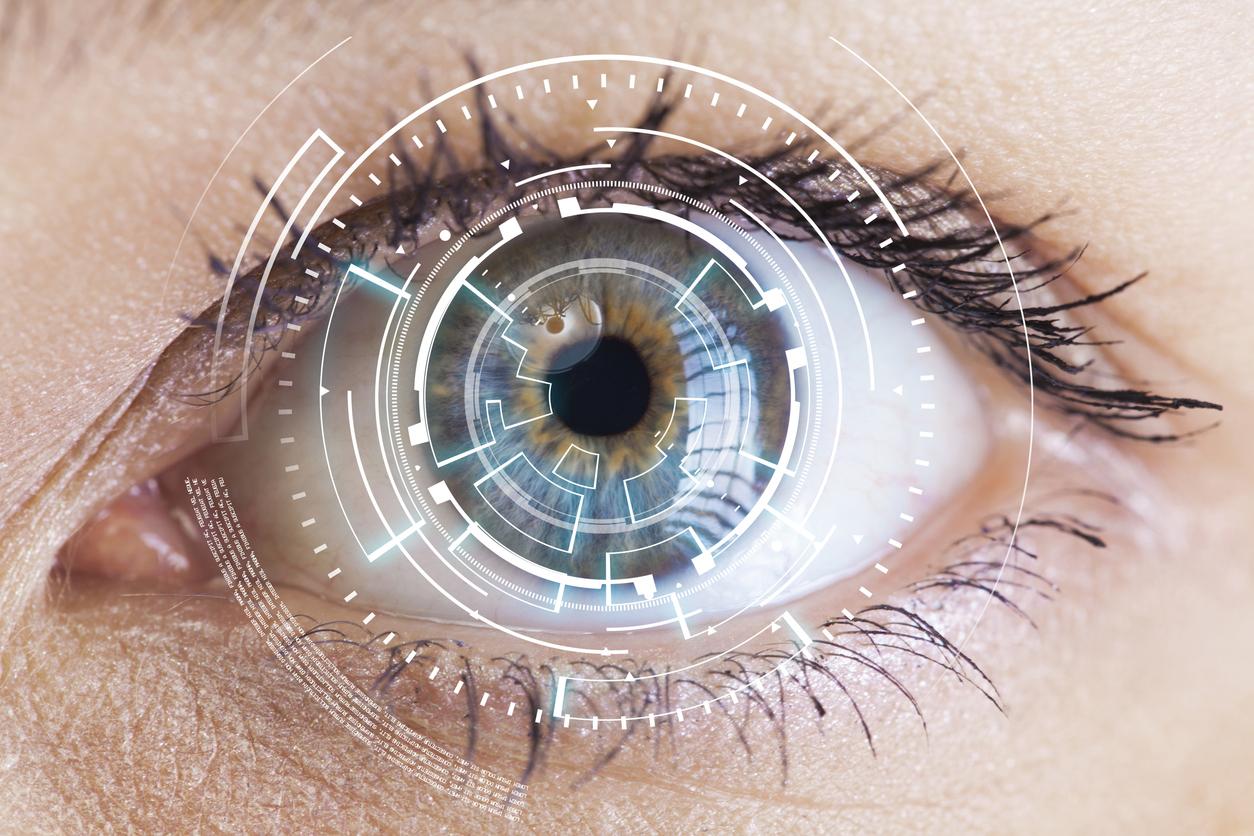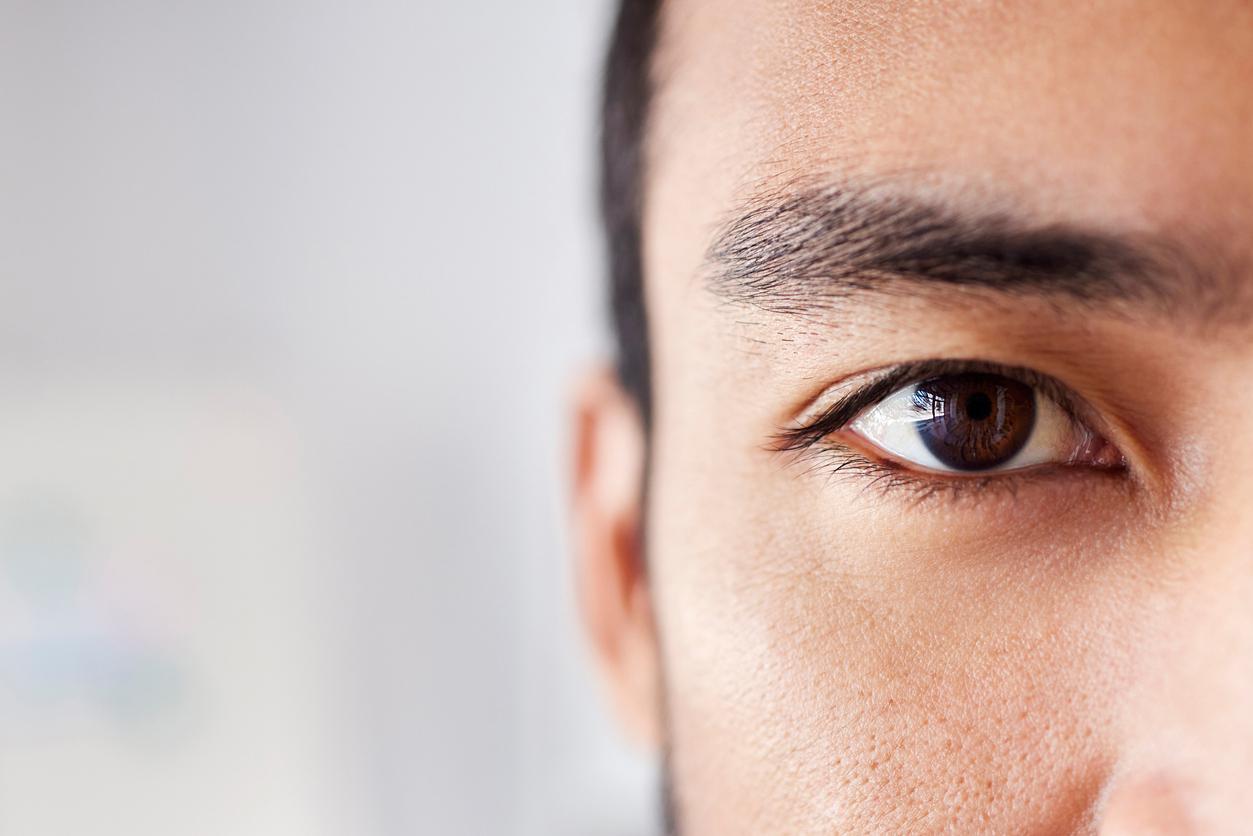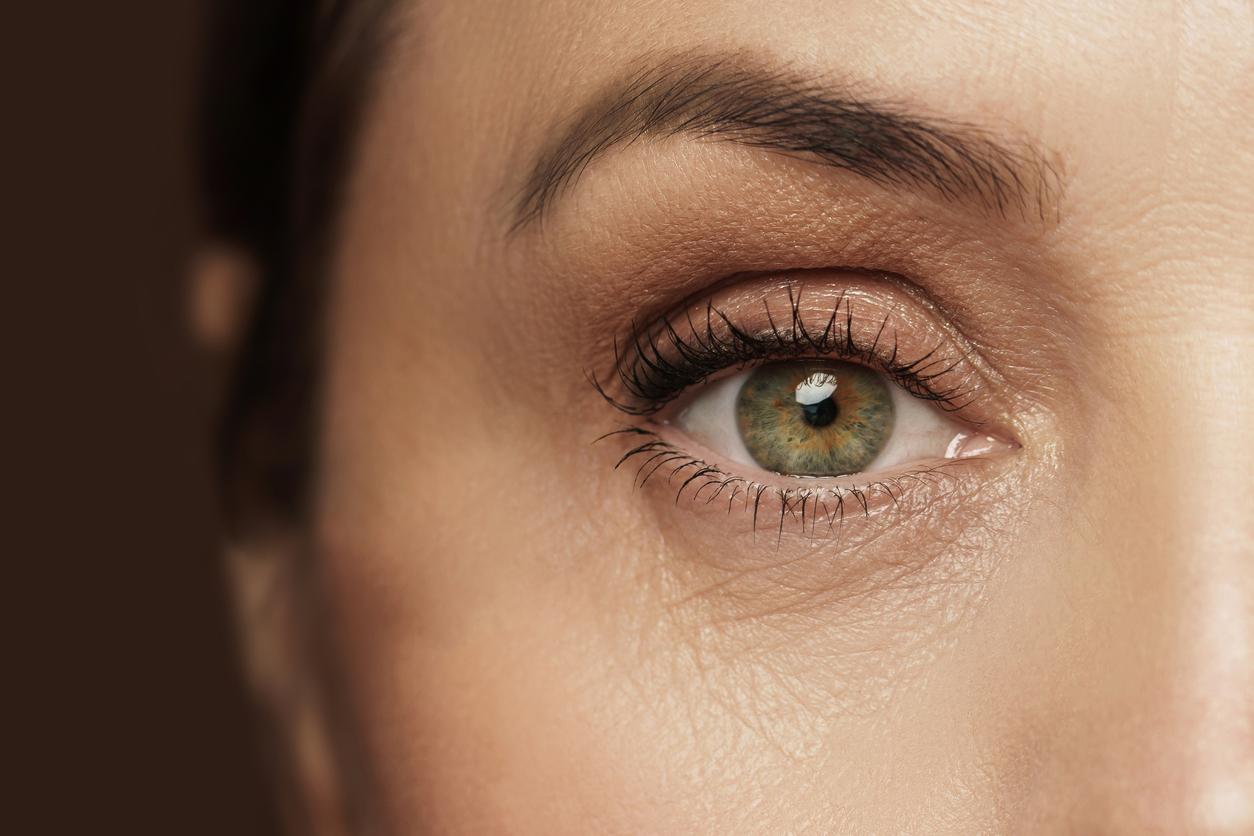What is macular edema?
Macular edema is a condition that affects the macula, which is the central part of the retina. It is this tiny part of the eye (it measures about 1 mm) that contains the greatest number of visual cells and is used to see details, read or recognize people’s faces. This macula can be the seat of edema, that is to say that liquid will enter the macular compartment and will make it swell and increase its thickness.
What are the consequences ?
The main consequence, which is very characteristic of macular edema, is the more or less marked loss of central vision, that is to say the precise vision which makes it possible to read, drive and perform all tasks. that require fine vision.
Besides this loss of vision, edema can also, as is the case for AMD, cause distortion of straight lines or the appearance of a black spot in the center.
What are the causes of macular edema?
Vascular causes are the most common, including diabetic retinopathy, a complication of diabetes caused by excess sugar in the blood that prevents the tightness of the small vessels in the eye. Another vascular cause: venous obstructions which are the consequence of a sudden slowdown in venous circulation in the retina.
But this affection can also have inflammatory causes :
• uveitis which bring together a group of heterogeneous and complex diseases that cause intra-ocular inflammation and which are responsible for one in 10 cases of blindness.
• the post-surgical edema which appear most of the time following a cataract operation (Note, however, that less than 10% of cataract surgeries are followed by macular edema).
How is the diagnosis made?
To make the diagnosis, the fundus examination will allow the consequences of the edema to be assessed. Angiography (a photograph of the fundus of the eye after injection of a dye) provides more precise information about the lesions. But it is above all OCT or optical coherence tomography, a kind of ultrasound of the eye, which above all makes it possible to observe the evolution of the disease. “It has become a basic tool which guides us for the diagnosis as for the treatment of macular edema” explains Professor Creuzot-Garcher. “Its interest is to be a very precise non-invasive examination”.
Treatments for macular edema?
• If macular edema is associated with diabetes or uveitis, the first treatment consists of treating this disease: rebalancing of diabetes, treatment of uveitis with anti-inflammatory drugs Where corticosteroids…
• The specific treatment for edema consists of preventing the leakage of fluid with the help of intra-vitreous injections of corticosteroids or so-called anti-angiogenic (anti-VEGF) drugs.
• Laser treatment may be considered for certain diabetic retinopathies or venous occlusions.
Read also :
5 things your eyes tell you about you
Half of the French wear glasses or contact lenses
















